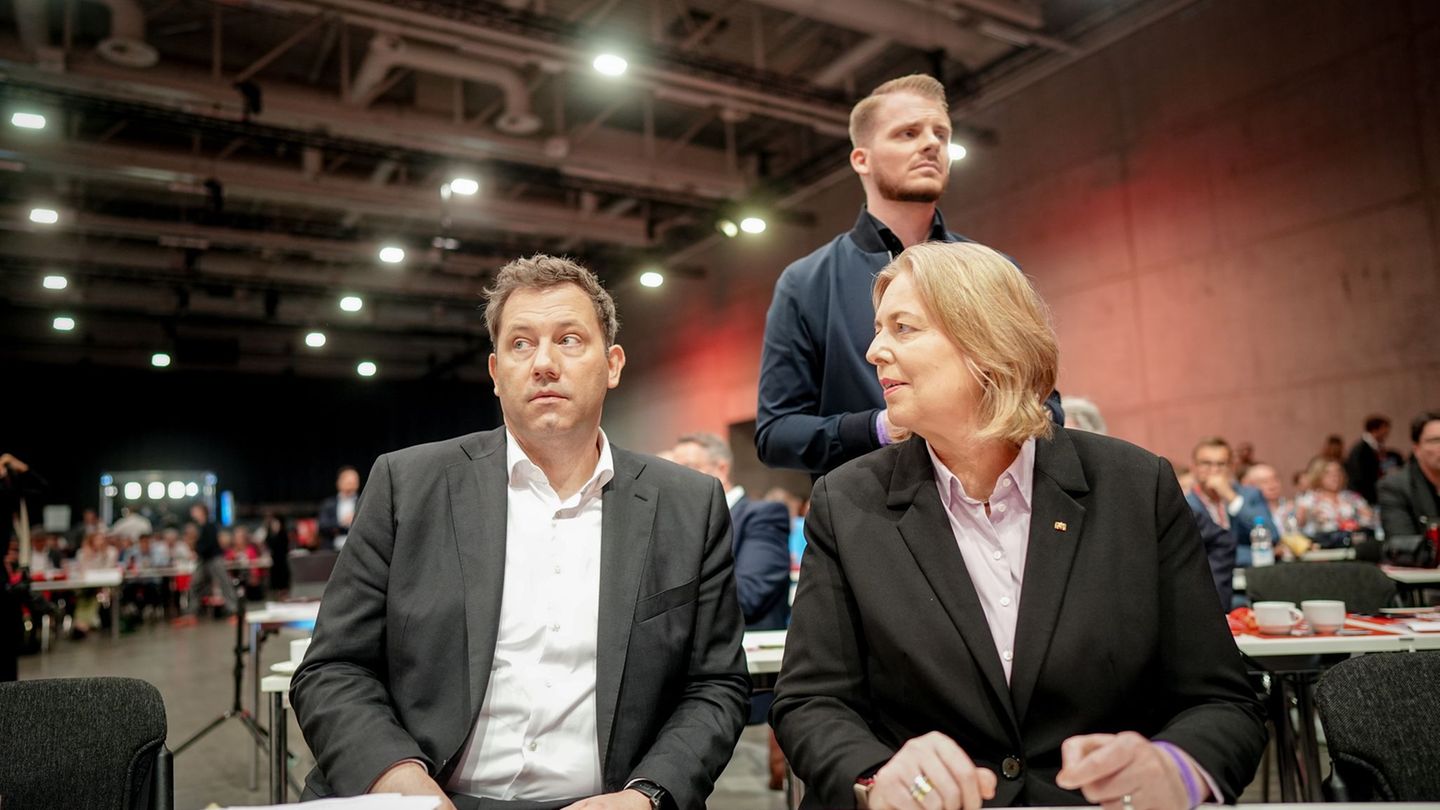I have been working in the news industry for over 6 years, first as a reporter and now as an editor. I have covered politics extensively, and my work has appeared in major newspapers and online news outlets around the world. In addition to my writing, I also contribute regularly to 24 Hours World.
Menu
SPD: Party is looking for compass: Six questions about the SPD party conference
Categories
Most Read
Internal security: The federal government wants to expand drone defenses by the end of the year
October 8, 2025
No Comments
Extremism: Right-wing extremist crimes by young people are increasing sharply
October 8, 2025
No Comments
“Turbo naturalization” is about to be abolished – has it been used?
October 8, 2025
No Comments
Healthcare: Cabinet approves improvements to hospital reform
October 8, 2025
No Comments
Social: Health and pension insurance is becoming more expensive for high earners
October 8, 2025
No Comments
Latest Posts

Dollar today: how much it closed at this Wednesday, October 8
October 8, 2025
No Comments
October 8, 2025 – 17:29 Find out how much the official dollar, blue, the MEP dollar and the CCL are trading at. Mariano Fuchila He

The IMF trusts that there will soon be decisions on financial aid to Argentina
October 8, 2025
No Comments
October 8, 2025 – 17:11 The director of the International Monetary Fund, Kristalina Georgieva, assured that the organization is working together with the United States,

World Investor Week: how to go from saver to investor and make your money work
October 8, 2025
No Comments
October 8, 2025 – 17:11 To be an investor, you have to take your saved money and turn it into an investment portfolio that is
24 Hours Worlds is a comprehensive source of instant world current affairs, offering up-to-the-minute coverage of breaking news and events from around the globe. With a team of experienced journalists and experts on hand 24/7.

